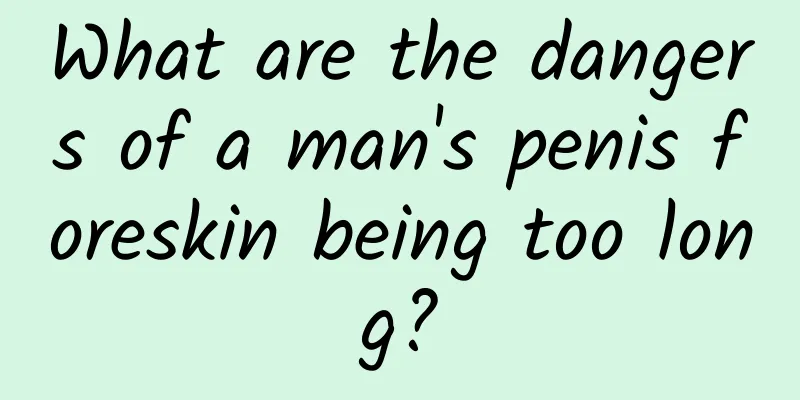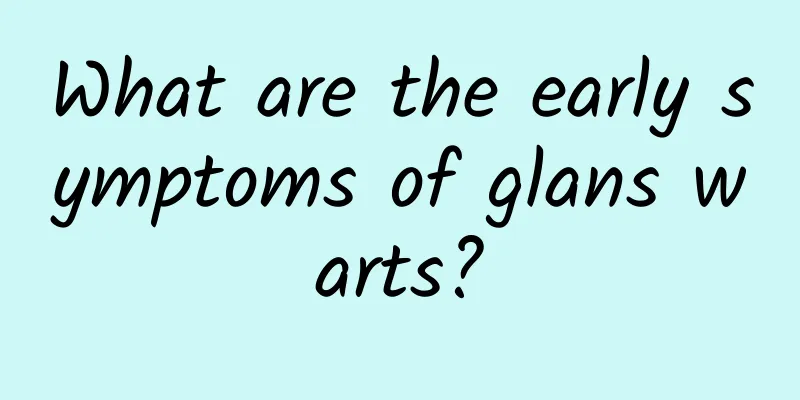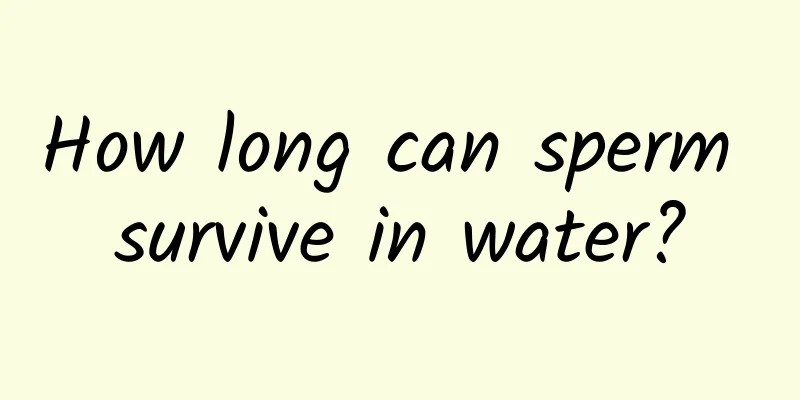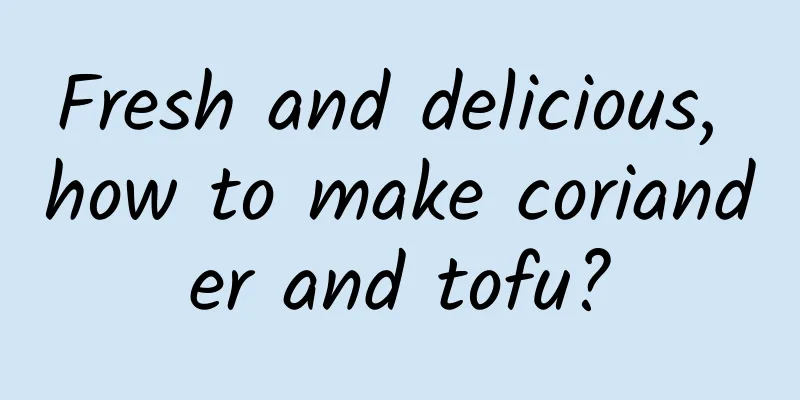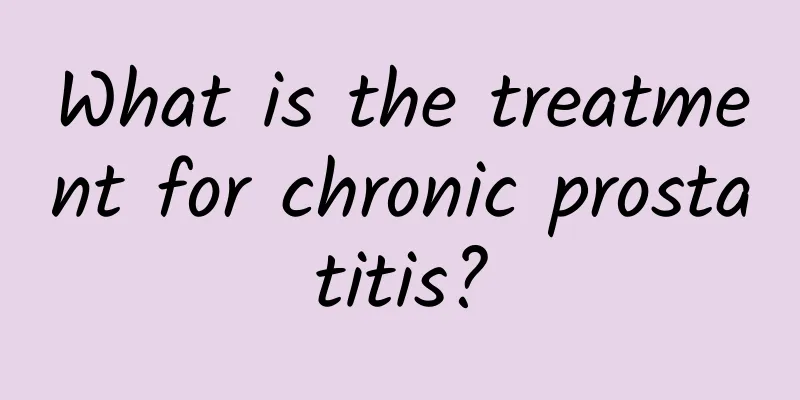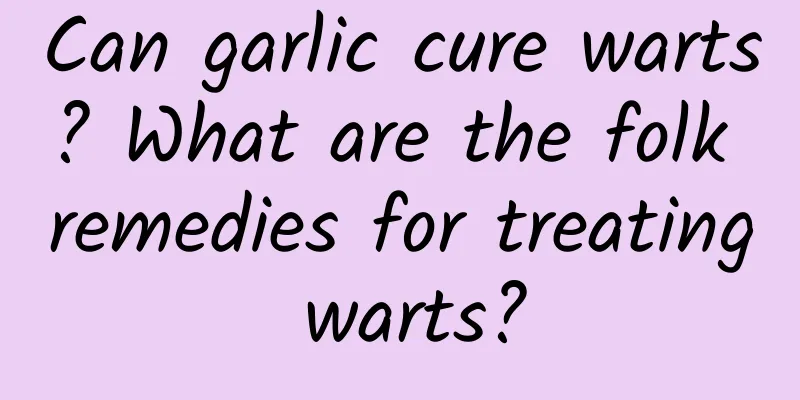How to treat kidney cysts? How to treat kidney cysts?
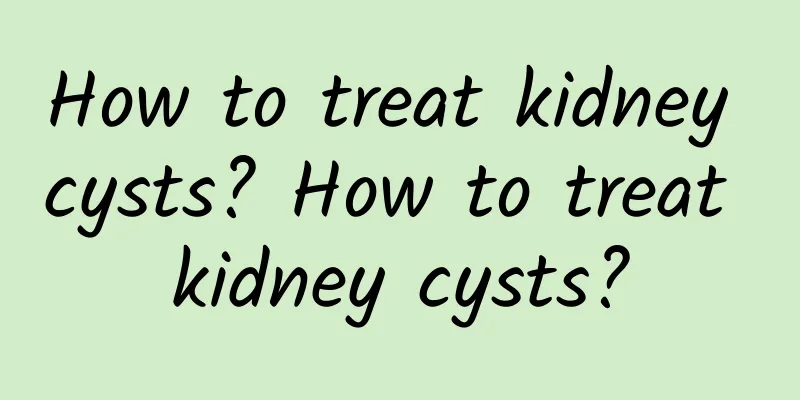
|
Kidney cyst is a common kidney disease in middle-aged men. The incidence of this disease is increasing with age. Generally, simple kidney cysts have no symptoms, but severe kidney cysts will have some impact on kidney function. 1: How to treat renal cysts1: Adjust diet: Patients with renal cysts should strictly limit their protein intake (0.8 g/kg body weight per day is appropriate). This is because a high-protein diet can aggravate the high-filtration state of the glomeruli of patients with early renal cysts. Patients who have already developed a large amount of proteinuria, edema, and renal insufficiency should adopt the principle of limiting the amount and preserving the quality when consuming protein. Since the bioavailability of plant protein is low and it can increase the burden on the kidneys, it is best for patients to consume animal protein (0.6 g/kg body weight per day is appropriate). To ensure adequate calorie supply, patients can appropriately increase carbohydrate intake and consume vegetable oil in moderation. Sodium intake should be limited to less than 6 grams per day. Patients with renal cysts who already have high blood pressure and renal insufficiency should strictly limit their intake of protein, fat, and salt. 2: Control blood sugar: Biguanides and most sulfonylurea oral hypoglycemic drugs are mainly excreted through the patient's kidneys. When the renal function of patients with renal cysts decreases, these drugs will accumulate in their bodies, which can cause patients to experience hypoglycemia and (or) acidosis. Second-generation sulfonylurea hypoglycemic drugs such as tannicacid are excreted through the liver and bile duct, and only 5% of their metabolites are excreted through the kidneys. For example, 65% of its metabolites are excreted through the intestines, and the remaining inactive metabolites are excreted through the kidneys. Therefore, the above two hypoglycemic drugs are suitable for patients with renal cysts with renal insufficiency. Patients with renal cysts and advanced kidney disease are best treated by stopping all oral hypoglycemic drugs and using insulin instead. 3: Control blood pressure: Increased blood pressure is a key factor that causes the condition of patients with renal cysts to worsen, so patients with renal cysts should take comprehensive treatment measures, such as maintaining a light diet, exercising appropriately, adjusting their mentality, and taking antihypertensive drugs, so that blood pressure is controlled within the normal range. Patients with renal cysts and hypertension can choose to use angiotensin-converting enzyme inhibitors for treatment, because this type of drug can reduce their glomerular intraglomerular pressure, reduce the excretion of urinary protein, and improve the glomerular filtration rate, thereby preventing the further development of their kidney disease. In addition, angiotensin-converting enzyme inhibitors can also increase the sensitivity of patients' skeletal muscles to insulin. 2: Dietary treatment for kidney cysts1: When suffering from kidney cysts, it is necessary to limit the intake of high-protein foods. In order to reduce the damage to the patient's kidneys, in daily life, the patient should eat less high-protein foods, such as chicken, duck, fish, and various soy products. 2: Patients should also avoid spicy, cold and other irritating foods. Common irritants in life include: chili peppers, alcohol, smoking, chocolate, coffee, sea fish, shrimp, crab, etc. 3: Everyone knows that drugs have certain side effects. When treating kidney cysts, patients must minimize the side effects to avoid worsening the patient's condition and increasing damage to the kidneys. 4: Clinically, patients should also avoid foods with high salt content, such as pickled foods that are too salty. Of course, when controlling the amount of salt, it should be adjusted according to the patient's condition and kidney function. Not all patients need to strictly limit salt intake. 5: In addition, patients with kidney cysts should also avoid contaminated food in their daily lives. Patients must avoid contact with some foul, unhygienic, and grilled foods to avoid further burdening the kidneys. 3. Renal cysts are caused by kidney abnormalities, which is common in adults. Kidney cysts occur with age and can affect kidney function. Therefore, if kidney cysts occur, they must be treated in time, and daily care should not be neglected. |
<<: How to treat prostatitis? Traditional Chinese medicine is more effective
>>: How to treat epidermal cysts? Treatment methods for epidermal cysts
Recommend
Dietary considerations after circumcision surgery
I believe that many of our male friends have had ...
How long does it take to heal from circumcision?
If a man has a foreskin that is too long, he need...
Can chronic nonbacterial prostatitis be cured?
Prostatitis is a very common disease and a very t...
What medicine should men take for impotence?
For male friends, impotence is very harmful, beca...
How to lose weight quickly for boys
As the pressure of life has increased, many male ...
What causes acne on men's faces?
We know that acne is easy to grow on the face of ...
Health Science: How to interpret normal semen values?
The most important issue for many men is whether ...
There is a lump above the Adam's apple, it's actually this disease!
The Adam's apple is one of the signs of male ...
Causes and treatments of positional vertigo
Positional vertigo refers to the dizziness that o...
What to do if there are multiple hypoechoic nodules in the breast?
Once you feel pain or discomfort in your breasts,...
Is hydrocele serious?
Hydrocele is certainly a more serious problem, so...
What is the cause of acne on foreskin?
There are many reasons for acne on the foreskin, ...
What to eat for weak sperm
For men, sperm motility determines their fertilit...
Types of Hair Perms for Men
Hair is the foundation of one's image. People...
Is it good to use sulfur soap to wash your hair for seborrheic alopecia?
For middle-aged men around 40 years old, seborrhe...

